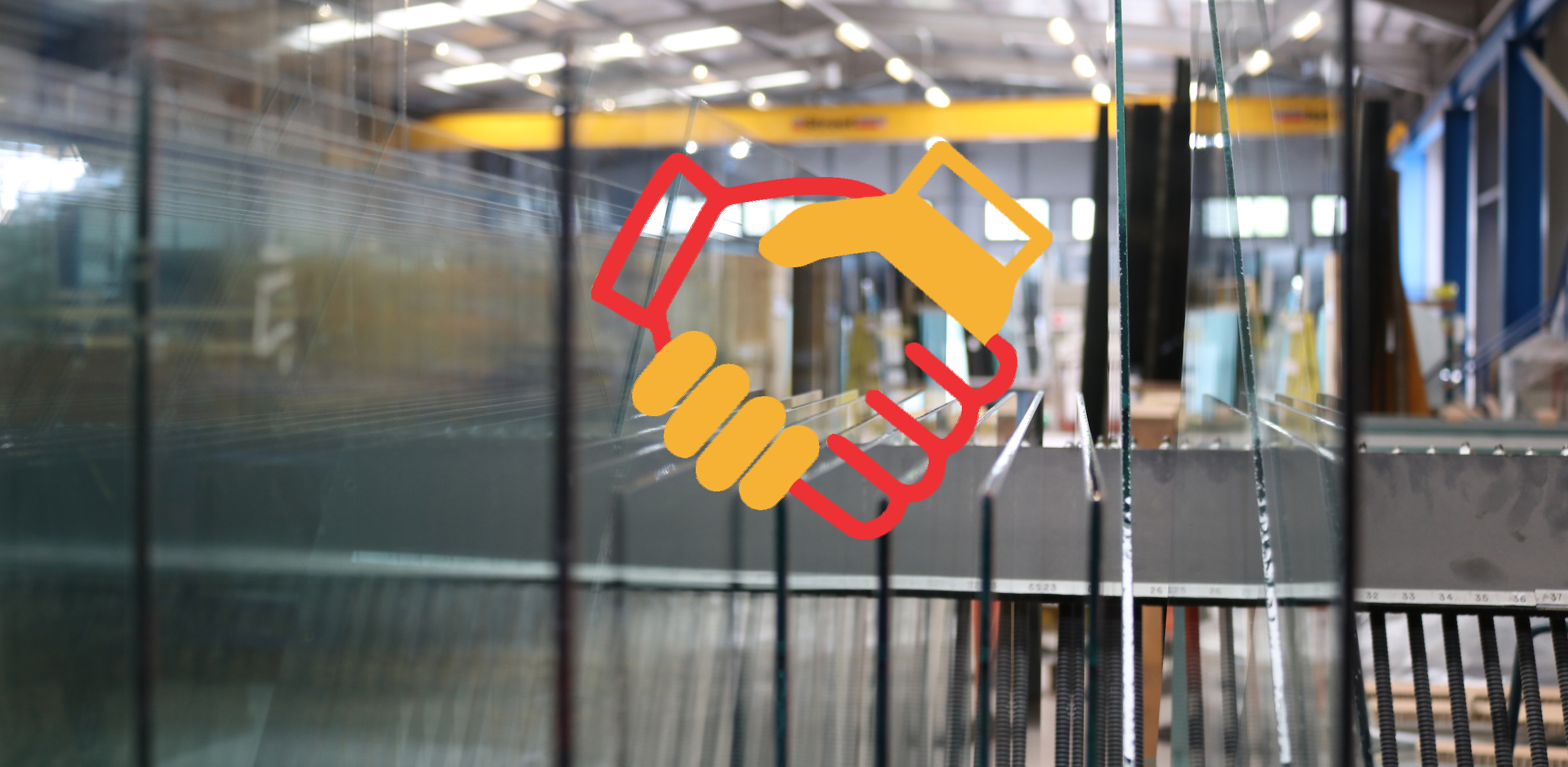As 20% of all UK-made glass is being shipped abroad, Mark Mitchell, Chair of the Cornwall Group, explains how it is compounding already difficult market conditions.
The market for glass in the UK continues to face difficulties, despite hopes that supply would improve, and prices stabilise, after a tricky start to 2022.
“The primary driver for uncertainty in the UK right now is the war in Ukraine,” Mark Mitchell, Chair of the Cornwall Group, says. “For the first two quarters, we have seen energy prices continue to rocket as the global price for oil and gas – exacerbated by a weak euro and pound sterling – responds to the political situation on the ground.”
We, and many others glass industries, have enjoyed a short period of calm, and price rises and energy surcharges had briefly settled in the early part of the summer, but that was only short-lived.
“We are expecting two significant price increases before Christmas, in addition to rising energy costs, which could leave glass companies wrong-footed if they are not incorporated into their own pricing structure,” Mark says. “To put this into some perspective: when these price increases come into effect, a lot of companies will be paying double for their glass, than what they were paying pre-Covid.”
Mark has spent much of 2022 campaigning for our customers at Cornwall Group, which comprises Cornwall Glass Manufacturing (which offers a diverse range of options in IGUs and single glass, with three manufacturing facilities in St Austell, Highbridge and Plymouth), glass merchanting business Mackenzie Glass, and retail-focused Cornwall Glass & Glazing.
In June, Mark called for a rethink about the energy surcharge model (which critics say offloads problems further down the supply chain) and works with our customers to develop strategies that help keep them profitable.
“It’s important that companies pass on price increases immediately, otherwise they could be left out of pocket,” Mark says. “Also, the underlying conditions, which are creating this turbulence, are not going away.
“For example, glass allocation is something we were hoping to have seen the back of, thanks to all three of the UK-based glass manufacturers now running their lines as normal. But the war in Ukraine is having long-reaching consequences.”
Mark explains that clear glass from Belarus and Russia helped prevent our severe shortages throughout 2021, but this is no longer an option.
Mainland European float glass manufacturers have also said that they may have their gas supplies restricted by Russia by more than 25%, which could lead to some float tanks being closed down, stopping glass manufacture altogether.
This is putting extra pressure on UK glass manufacturers to fill the gaps, which in turn leads to limited supply to UK glass processing companies at a time when demand is still high.
“We are already seeing about 20% of all glass UK-produced flat glass being sent abroad to maintain volumes there,” Mark says. “These further predicted shortages are only going to add more pressure to the UK market.
“It comes to a point where you think the only way the heat would be taken out of the market is via a recession – which I no way advocating because it is not a calming method you would wish for – but if volumes were to drop in an overheating market, it wouldn’t take much to post three months of negative growth.
“And we do need demand to ease. That would give the industry the time and the space to take stock and regroup. At the moment, you have the tail wagging the dog, and we need to get to a place where more product becomes available, and prices stabilise.”
The volatile glass market is also having a negative effect on relationships in the supply chain, and Mark says that some glass companies feel that their reputations are being tarnished by the actions of some bigger companies higher up in the supply chain.
“Relationships are certainly being strained,” he says. “And this will likely add to our current woes.
“But it reinforces our key message to the industry, which is to work with your suppliers to manage price increases and work with the stock that is available. We’ve been in operation for 45 years – not only do we have the experience of weathering the storms, but we have the wide product range to make the most of opportunities that are available.”
For more information, please call 01726 66325 email info@cornwallglass.co.uk or log on at www.cornwallglass.co.uk .

